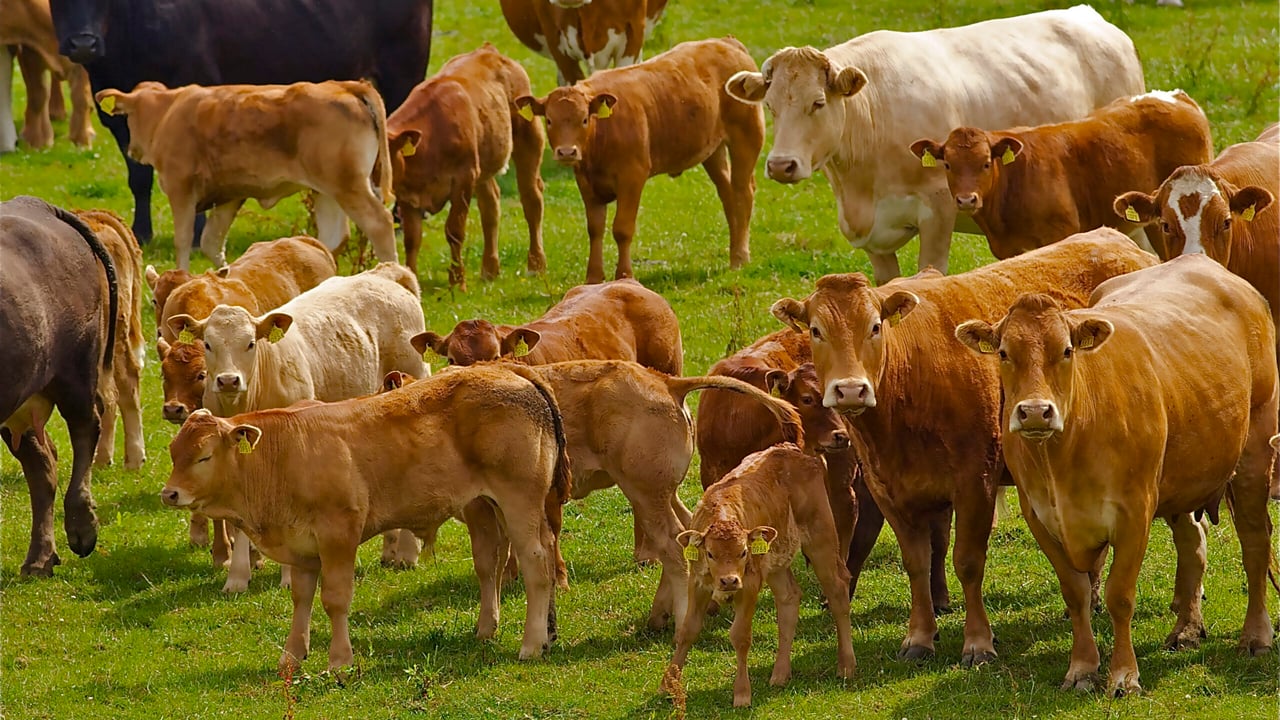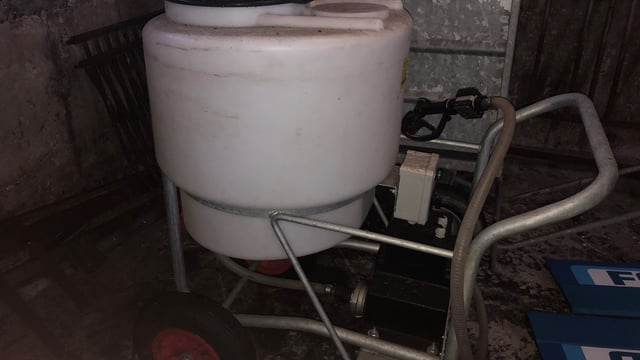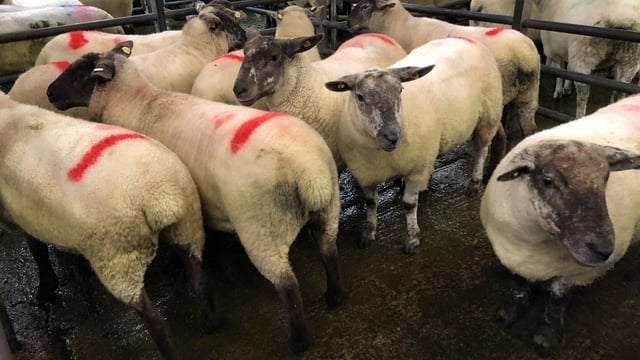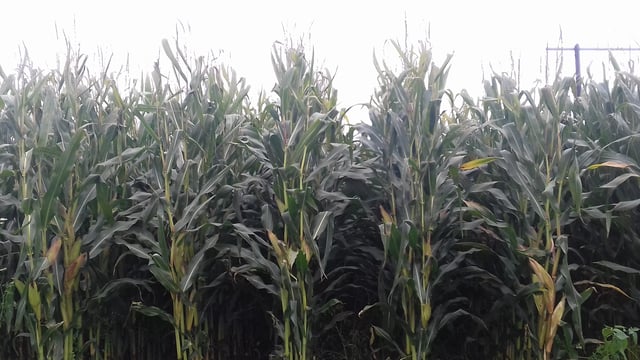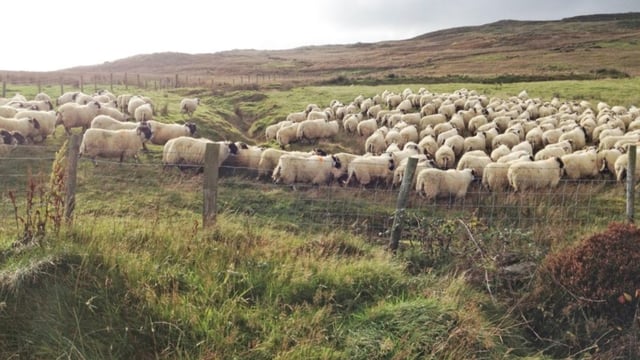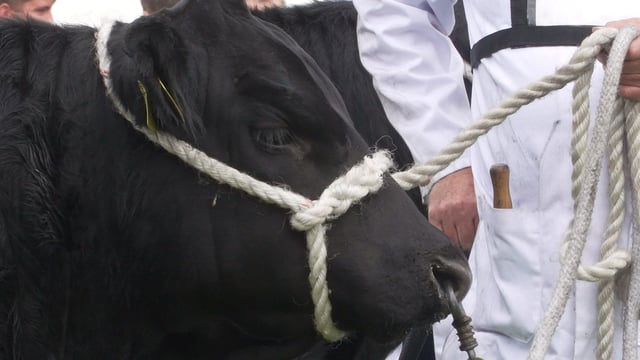Budget must deliver €200 for suckler cows - Naughten
Budget 2021 must deliver for suckler farmers by introducing a new suckler cow environmental scheme paying €200 for the first 20 cows, according to independent TD Denis Naughten.
The Roscommon-Galway deputy also says there should be doubling of the payment to farmers under the Sheep Welfare Scheme.
Deputy Naughten said: “The agriculture proposals, which as regional independent TDs we have put forward in our pre-budget submission, form part of an overall plan focused on getting families, workers and students out of our cities, where housing and services are in huge demand, and instead supporting people to bring life back into remote rural communities.”
The regional TDs also state that it is not just about maintaining those who currently live in rural Ireland, but also about taking pressure off cities, reducing congestion and environmental emissions, by bringing young people and young families back into communities.
The group is suggesting the introduction of a scheme, similar to the Cycle to Work Scheme, to purchase a laptop or other IT equipment to assist people to work remotely or access education.
Another suggestion in the pre-budget submission is to extend the free travel scheme to full-time third level students for travel to and from their designated college.
This measure would take pressure off cities that are struggling with rising rent costs and financial pressure off the families of students.
First-time buyers
Deputy Naughten says: “We want to provide a €15,000 grant for first-time buyers purchasing an existing property in a town or village with a significant residential vacancy rate.
Presently, the Department of Housing, Planning and Local Government is providing funding of €30,714 on average for a new serviced site in our cities. For every family that takes up such an offer, it would save the state €15,714 and helps bring life back into our villages across Ireland.
“The pandemic crisis has given broadband and remote working a renewed impetus, which in turn has the potential to produce a significant and positive knock-on effect if managed correctly, by taking pressure off the already overstretched housing, road and water infrastructure in our major cities,” concluded Naughten.

